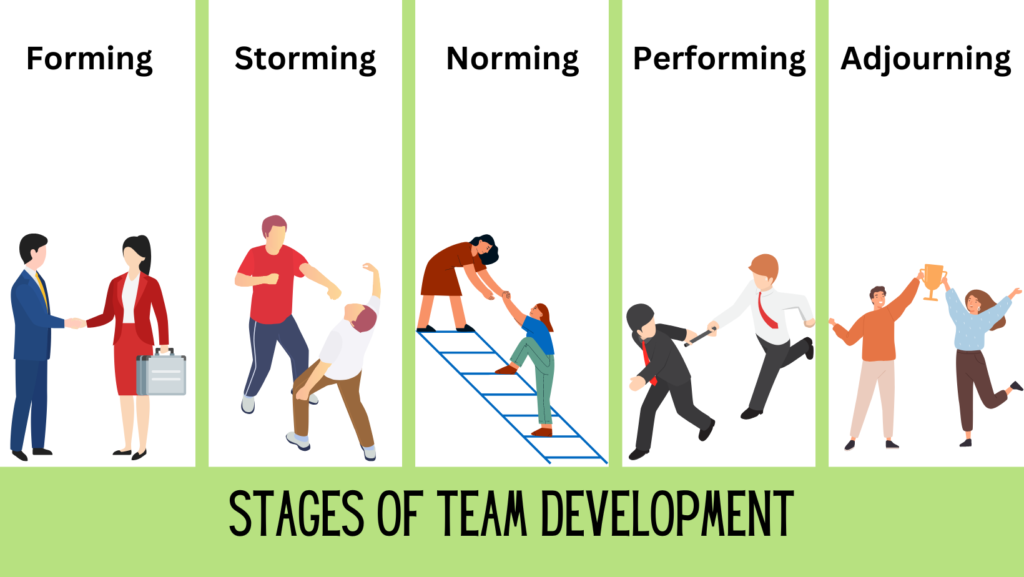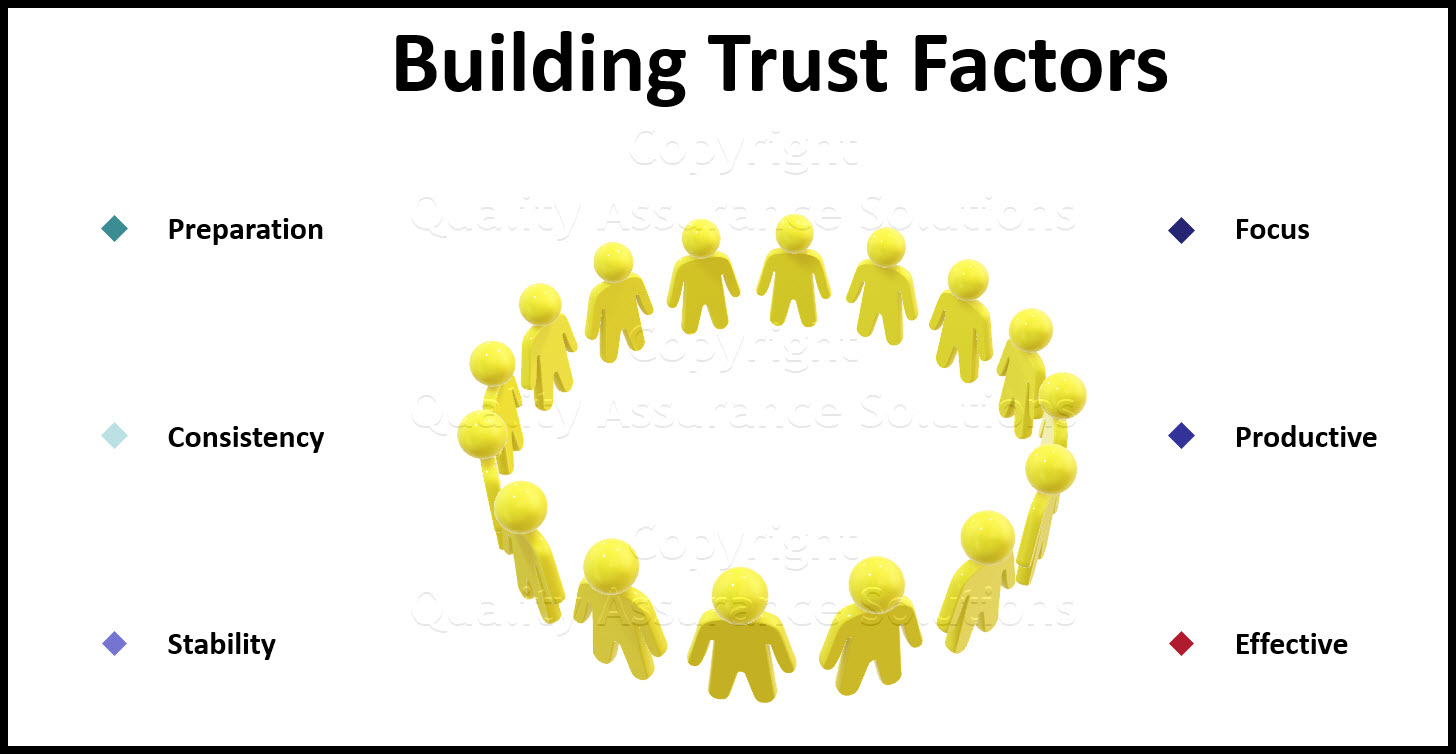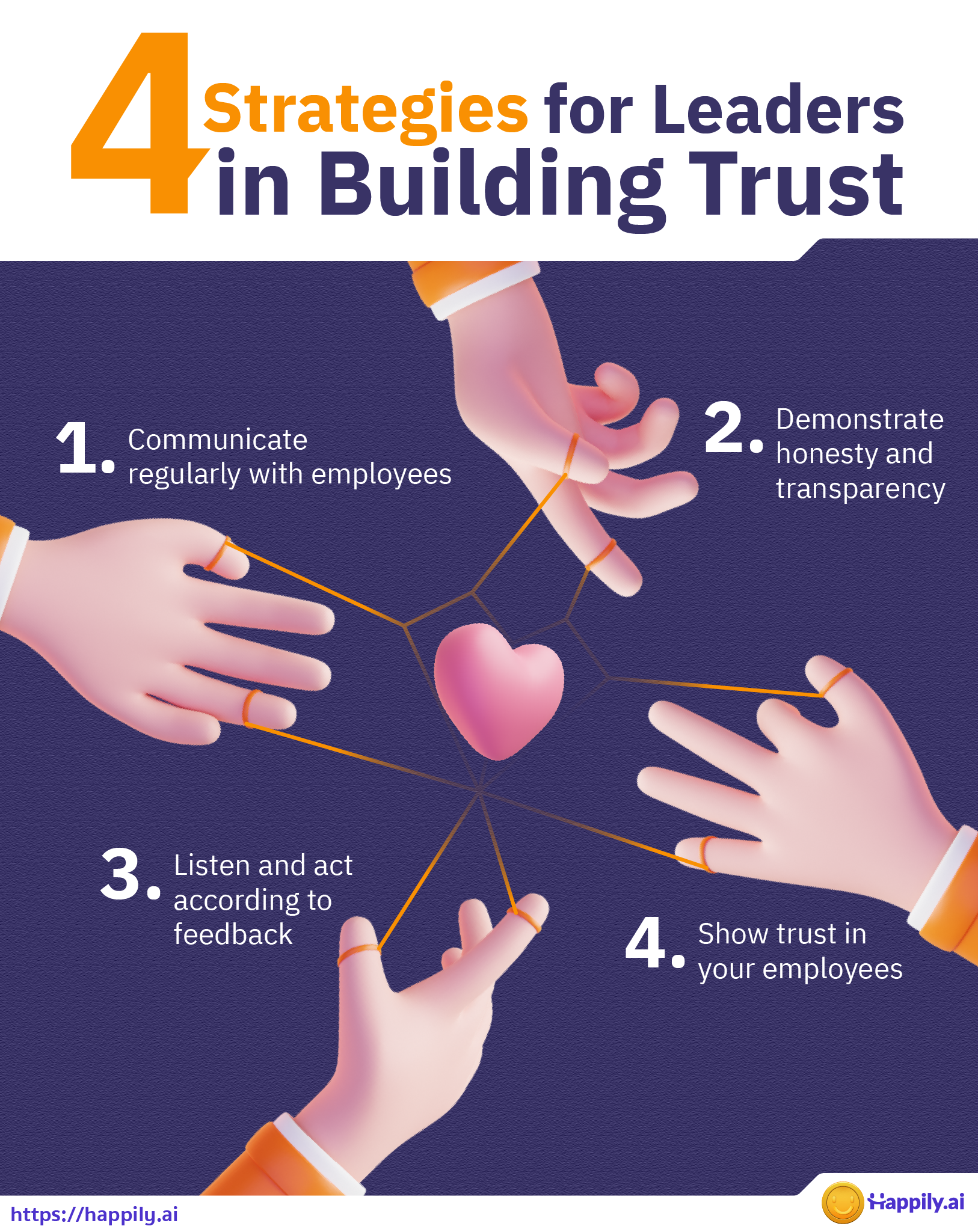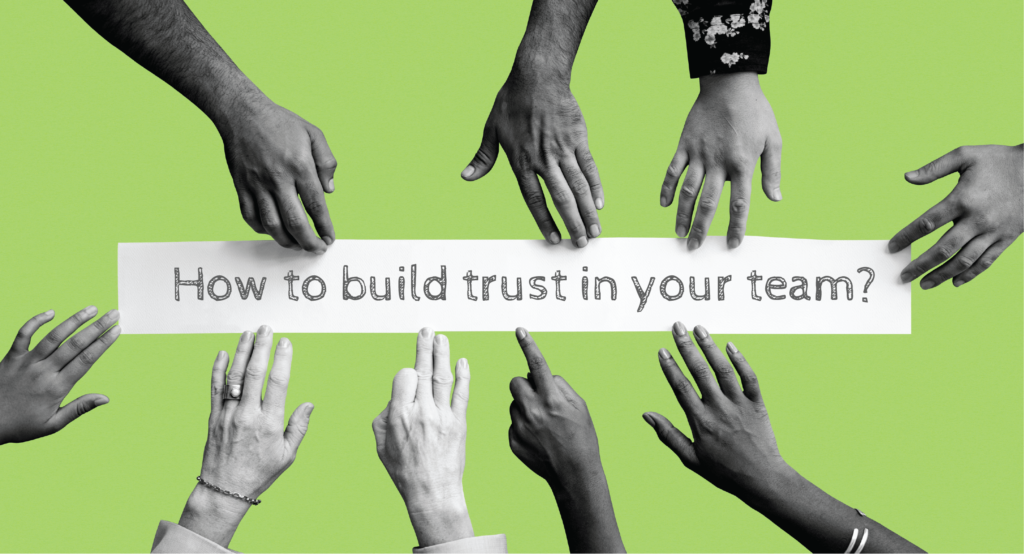Building Trust In Teams A Leader's Role

Imagine a ship sailing through a dense fog. The crew, each with their individual tasks, can barely see beyond the bow. Doubts and uncertainties ripple through the air, threatening to stall progress. Yet, the captain, with a steady hand and a clear voice, navigates through, fostering an environment where every member trusts the direction and each other. This is the essence of leadership in building trust within teams – guiding them through uncertainties towards shared goals.
At its core, building trust in teams is about creating a psychological safe space where members feel comfortable being vulnerable, sharing ideas, and taking risks. This article explores the pivotal role leaders play in fostering this environment, examining the strategies and behaviors that cultivate trust, which is essential for high-performing teams.
The Foundation of Trust
Trust, according to organizational behavior studies, is the bedrock of effective teamwork.
Without it, communication breaks down, innovation stifles, and conflicts escalate. Leaders who understand this principle prioritize building and maintaining trust as a fundamental aspect of their leadership.
Trust is not built overnight; it's a gradual process nurtured through consistent actions and transparent communication.
Leading by Example: Authenticity and Vulnerability
One of the most effective ways a leader can build trust is by demonstrating authenticity and vulnerability.
Showing up as a genuine human being, with both strengths and weaknesses, allows team members to connect on a deeper level. Admitting mistakes, sharing personal experiences, and being open about challenges humanizes the leader and encourages others to do the same.
“People want to follow leaders who are real,” says a recent study on leadership effectiveness by the Harvard Business Review, “not perfect.”
Communicating with Transparency and Honesty
Open and honest communication is another cornerstone of trust.
Leaders need to keep their teams informed about relevant information, including both successes and setbacks. Avoiding spin or sugarcoating fosters a sense of transparency and allows team members to make informed decisions.
Regular updates, open forums for questions, and actively seeking feedback are essential practices.
Empowering and Delegating: Showing Confidence
Leaders build trust by empowering team members and delegating responsibilities.
Giving individuals autonomy over their work demonstrates confidence in their abilities and fosters a sense of ownership. This doesn't mean abandoning them; it means providing the resources and support they need to succeed while trusting them to deliver.
According to a Gallup poll, employees who feel empowered are more engaged and productive.
Recognizing and Rewarding Contributions
Acknowledging and celebrating team members' contributions is vital for building a positive and trusting environment.
Recognizing individual and collective achievements reinforces the value of teamwork and motivates individuals to continue contributing their best. This can take various forms, from public praise to bonuses to opportunities for professional development.
The key is to make the recognition genuine and meaningful.
Addressing Conflict Constructively
Conflict is inevitable in any team, but how a leader handles it can significantly impact trust.
Instead of avoiding conflict, leaders should address it proactively and constructively. This means facilitating open dialogue, helping team members understand each other's perspectives, and working towards mutually acceptable solutions.
When conflicts are resolved fairly and respectfully, it reinforces the sense that the team is a safe space for open communication.
The Ripple Effect of Trust
The impact of trust extends far beyond individual relationships. A team built on trust is more resilient, adaptable, and innovative.
Members are more likely to take risks, share ideas, and support each other during challenging times. This translates to higher levels of engagement, productivity, and overall team success.
Ultimately, building trust is an investment in the future of the team and the organization.
As the fog of uncertainty inevitably rolls in, the leader's commitment to transparency, authenticity, and empowerment becomes the guiding light. It reinforces confidence and allows the team to navigate forward with unity and purpose. It is a testament to the power of leadership in fostering an environment where trust thrives, enabling remarkable achievements.


















